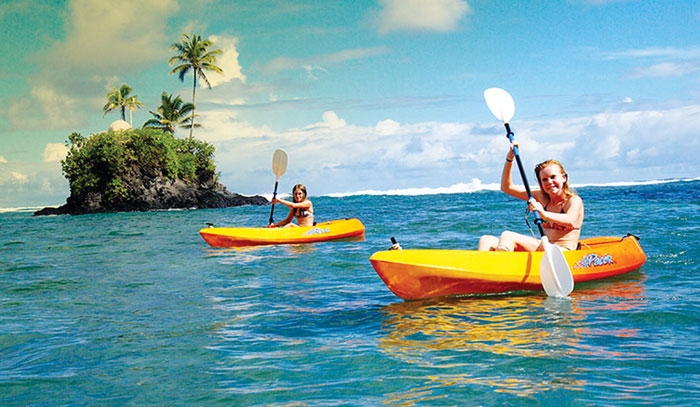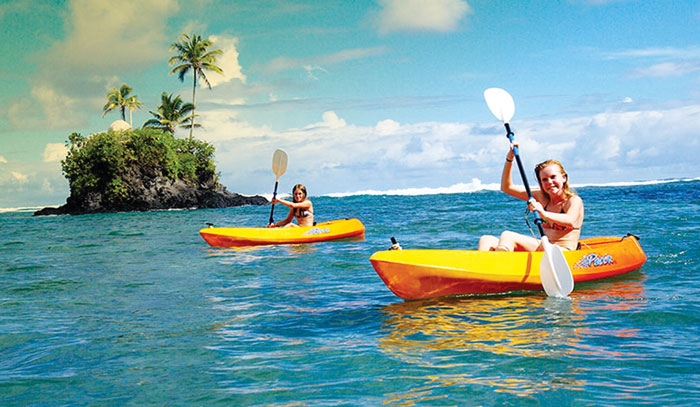REGIONAL tourism operators will gather on Australia’s Gold Coast this month to showcase the best there is to offer in the Pacific. The event offers opportunities for more than 80 hotel operators, airlines, national tourism organisations, travel companies and support services. Organisers expect that at least 80 – and possibly as many as 200 – buyers from Australasia, the Americas, Asia and Europe will attend the South Pacific Tourism Event.
Last year an extraordinary number of buyers from China attended the 2015 SPTE in Melbourne, a reflection of that country’s interest in the Pacific. Fuelled by a burgeoning economy, a growing middle class and increased expendable income, China has millions of possible visitors. Palau and Fiji have started to feel the positive effects of travel by Chinese visitors who use hotels, travel companies, restaurants and duty free outlets. They also pay General Service Taxes and Departure Fees which create welcome, additional income for small island governments so dependent on foreign revenue.
Palau’s dive operators have seen a huge increase in Chinese tourists in the republic’s pristine waters and the hotels which have started to dot the main centre of Koror. In Fiji, Chinese tourism has developed to a stage where at least one local operator has a desk which caters exclusively to that market and operates during the working hours of the world’s most populous country. Palau’s visitors must travel through Korea, Japan or Guam from China, often arriving in the middle of the night. This is not necessarily an inconvenience when arriving at a final destination.
…..to read more buy your personal copy at


One Response
Comments are closed.